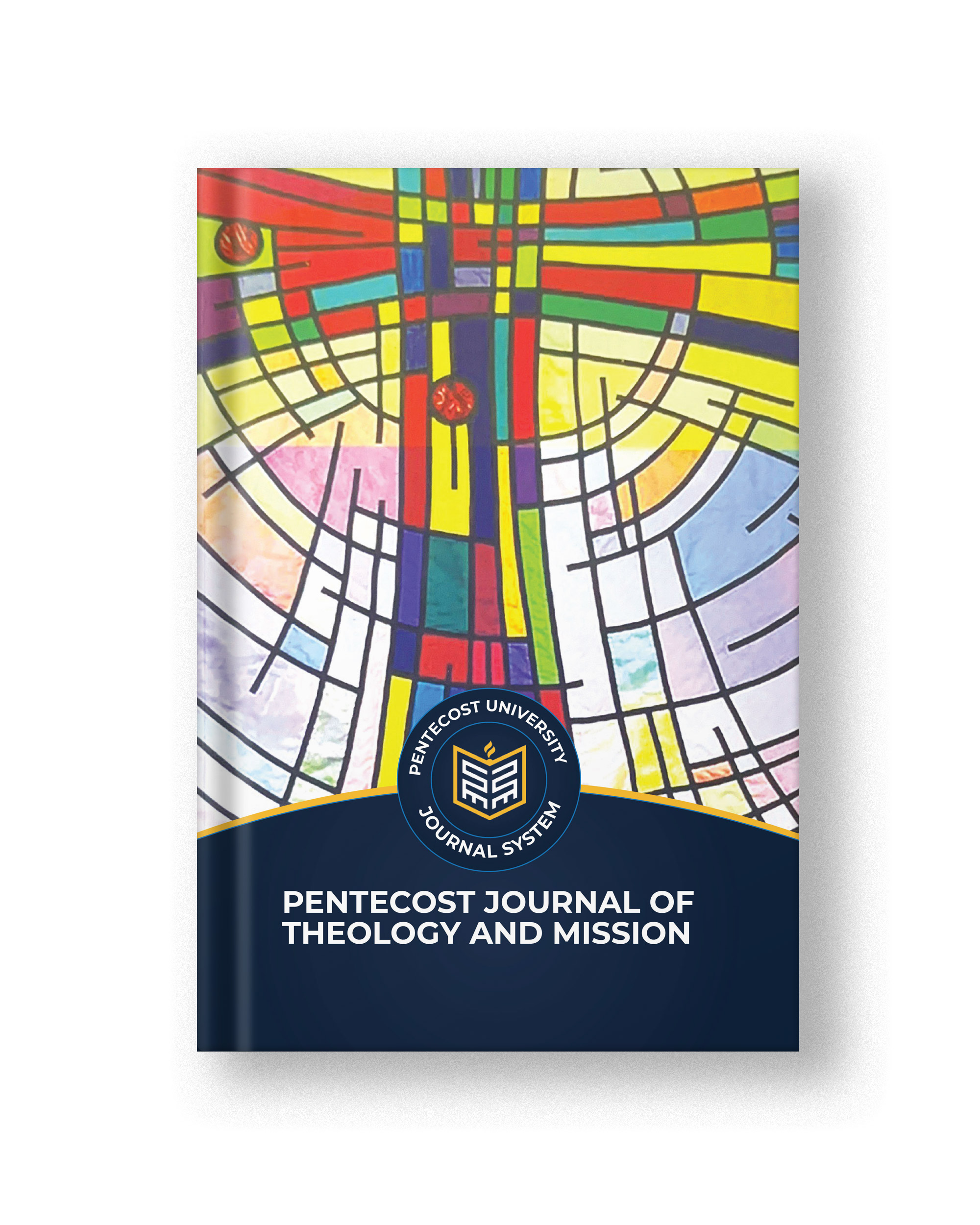Confronting the Ills of Society
Thomas Clarkson and the Slave Trade
DOI:
https://doi.org/10.62868/pjtm.v5i1.224Keywords:
Slavery, slave trade, Thomas Clarkson, public engagement, societal transformationAbstract
The first generation of Christians constituted a small minority within the Roman Empire and did not seek to wield significant social influence. Thus, the New Testament does not provide a direct mandate for social transformation. Instead, Christians were encouraged to maintain a constructive relationship with the state while also being prepared to adopt adversarial stances when faced with oppression from hostile authorities. This context characterised their existence under the centralised, undemocratic Roman Empire. The challenge arises in applying the teachings of the New Testament to a participatory democracy, where Christians have ample opportunities for public engagement. Using Thomas Clarkson’s approach to confronting the slave trade in Britain as an entry point, this paper has a two-pronged focus: 1) to bring Clarkson’s somewhat eclipsed story into contemporary church-state discussions and 2) to contend that the strategies employed by Clarkson and other abolitionists can serve as a model for contemporary African churches and Christians in their efforts to engage with the democratic state, aiming to foster societal transformation.


